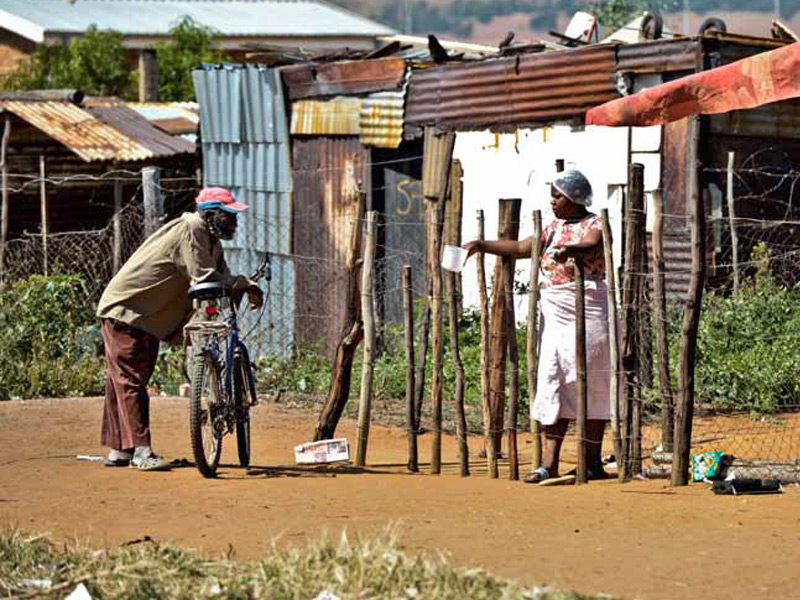Key Points:

- Urbanisation is inevitable and desirable, and policies and practices must be in place to manage this optimally.
- Informal settlements provide access to cities for the poor and in 2013, over 1,2 million households, more than 4,4 million people, lived in shacks in informal settlements.
- Upgrading informal settlements is an important aspect of urban management and can be part of an economic growth path when there is an appropriate political configuration.
- Limitations and conflicts in policies are exacerbated by the restricted flow of communication, with national policy shifts not filtering down to lower levels of government.
- Informal settlements can be seen as symptomatic of historically failed or currently failing urban management. To improve the functionality of cities and reduce informal development, urban development should address the needs of its inhabitants.
- Urbanisation, while difficult to manage, drives economic growth, promotes inclusion and improves access to services and social networks. However, these positive elements can only be achieved to their fullest potential with effective urban management.



